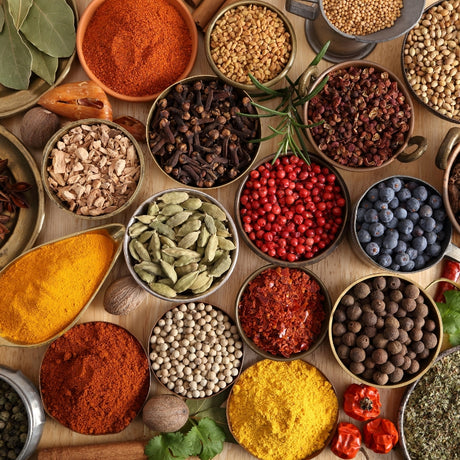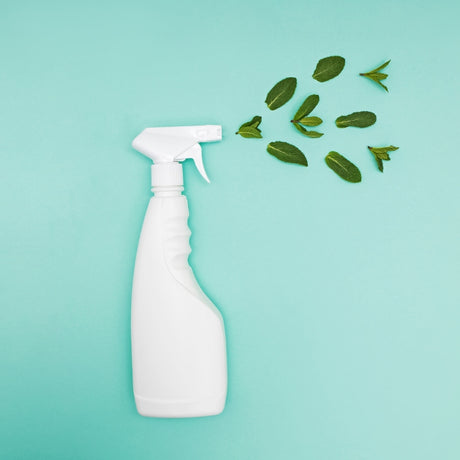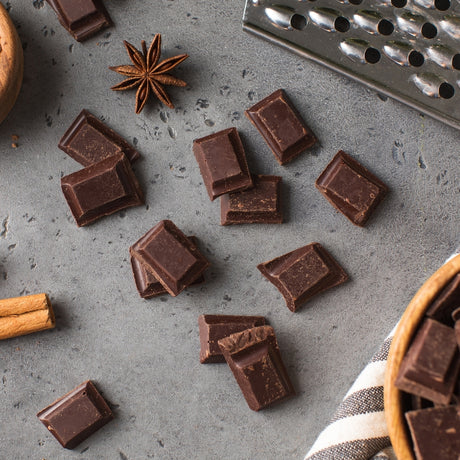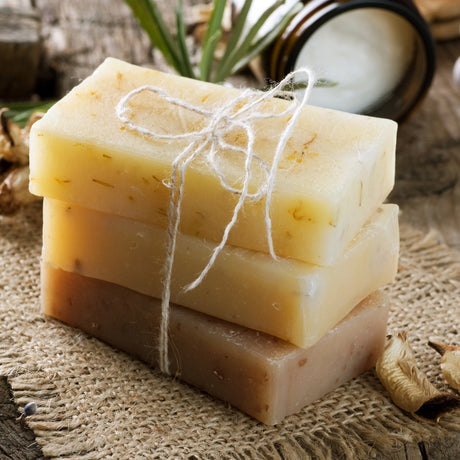Payment and security
Payment methods
Your payment information is processed securely. We do not store your credit card details and do not have access to your credit card information.
Description
Description
Butyrospermum parkii (shea butter), fruit, elaeis guineensis (palm-palm) Kernel oil, theobroma (cocoa pod-cocoa pod), ash-ash, musa paradisiaca (plantain)
A little history
Black soap, Ose Dudu or Alata Samina, has its origins in the Yoruba tribe of Niger, but its production and use are more widespread in Ghana. Legend has it that African black soap was imported to Ghana a long time ago by Yoruba traders, specializing in the sale of tomatoes and pepper. They were called Alatas (pepper sellers). As for Samina, it is a word from the Akan tribe which means “soap”. The word Alata Samina, invented by the Ghanaians, means “the pepper sellers’ soap”. Alata Samina is now used throughout Ghana.
What makes African black soap so original?
- a natural skin cleanser
- good for all skin types
- it fights acne
- eczema treatment
Beware of imitations!
African black soap is not actually black. Its color varies from beige/brown to dark brown depending on the abundance of raw materials used and comes in the form of a soft and crumbly block. The original black soap is 100% natural and vegan regardless of the African country that produces it. The real Alata does not contain any perfume and the faint smell it gives off is that of the land where its ingredients were collected.
So, if you see black soap sold as a jet black bar of soap, be wary. It may contain black soap, but the result is a hard, weathered bar of soap that has nothing in common with true African black soap. In addition, these counterfeits mostly contain perfumes.
The African black soap offered by La Savonnerie Blanchou comes in the form of a 200 g round.
African black soap, a wonder for all skin and hair types.
Our raw African black soap is made in Ghana and is Africa's best kept secret. It is suitable for all skin types (face and body) and hair. Made with traditional recipes and ingredients, it is concocted with a large quantity of unrefined shea butter, virgin palm kernel oil, plantain peel ashes and cocoa pods. Soft in texture, by mixing it with water you obtain a dense and abundant foam which can be used as a soap for the face and body and as a shampoo. It is said that Ghanaians have used African black soap for centuries to help alleviate acne, oily skin and other skin problems.







